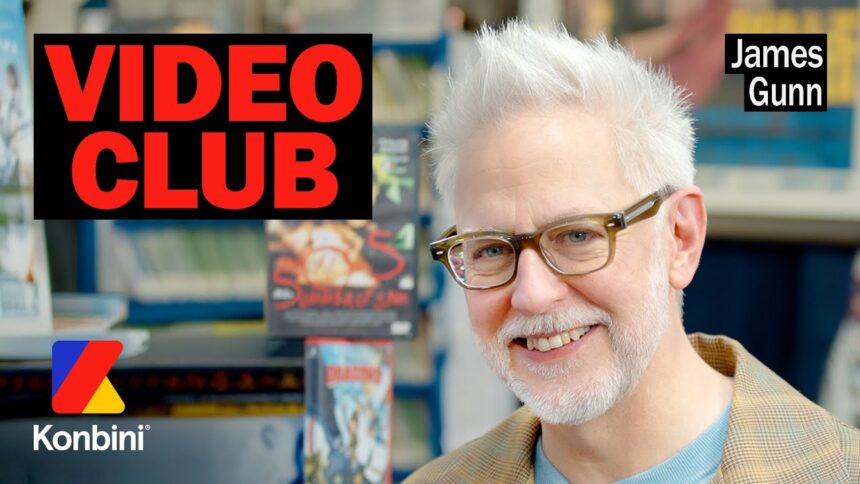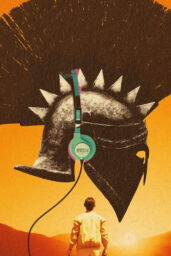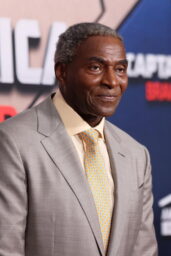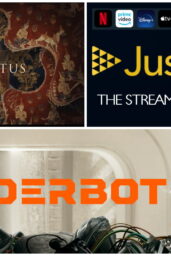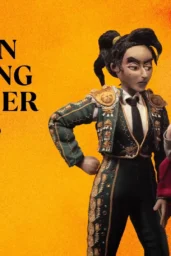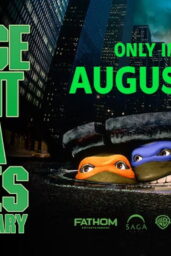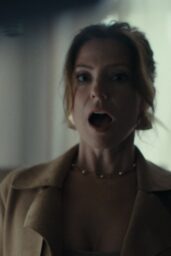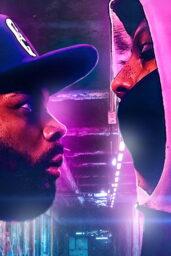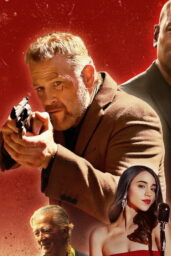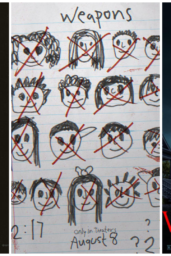There's a moment in James Gunn's stroll through JM Video in Paris when he picks up The Villainess and says, almost offhandedly, that it directly inspired some of his action scenes. He doesn't elaborate. He doesn't need to. Anyone who's seen the film—or for that matter, understands what kinetic action used to look like before it got swallowed by green screens and second-unit slop—gets the reference immediately.
That's what makes this short Konbini segment more than just promotional fluff. It's a rare, unscripted glimpse at a director who still gives a damn about the medium, not just the market.
Gunn's visit to the Video Club is part of the ongoing promotional push for Superman (now in theaters worldwide, including IMAX), and while the movie's release is the supposed centerpiece, the real story here is what Gunn says when he isn't trying to sell anything. “People gotta go to the movies,” he says, with a frustrated clarity. “The movies have become very unrisky as possible. And the truth is, to get people to go to the movies, you have to take some risks.”
He's right. He knows it. And I suspect a small part of him wonders if anyone in a studio boardroom is actually listening.
In the age of sanded-down, homogenized superhero sludge—films that feel less directed than data-simulated—Gunn is, oddly, one of the few still allowed to get weird. Guardians of the Galaxy had talking raccoons and Bowie needle drops, The Suicide Squad had a starfish villain and a kill count that would make a slasher blush. Like it or not, those were choices. Not compromises.
So when he geeks out over Kung Fu Hustle, Brotherhood of the Wolf, or Pearl (Ti West's psycho-candy horror throwback), you're not hearing a director name-drop titles to appear cultured. You're seeing the DNA of his own work. The irreverence of Stephen Chow, the genre-mashing audacity of Brotherhood, the simmering madness in Mia Goth's eyes—all of it has fingerprints on Gunn's frame choices.
But it's not just pulp that excites him. His pick of Eternal Sunshine of the Spotless Mind suggests he still values screenwriting that aches, that imagines. There's Herzog's Rescue Dawn too—a film about survival, obsession, and Christian Bale eating actual maggots. Not exactly a Marvel blueprint.
He also gives nods to the old masters: Preston Sturges, Sergio Leone. Names most TikTok filmmakers couldn't pronounce, let alone reference with conviction. This isn't nostalgia—it's continuity. A line drawn between what cinema was, and what it's trying not to forget.
And yet, here we are—watching one of the few blockbuster directors left who actually seems to care, browsing a real, physical video store in Paris. The kind with shelves, dust, and decades of titles nobody streams. It's almost romantic. Almost sad. Because Gunn's affection for these films is real, but the system he works in has very little room left for this kind of passion.
Sure, Superman might break box office records. Or not. Doesn't matter. What matters is that Gunn still talks like a filmmaker, not a content strategist. And for now, that's enough to keep watching.

